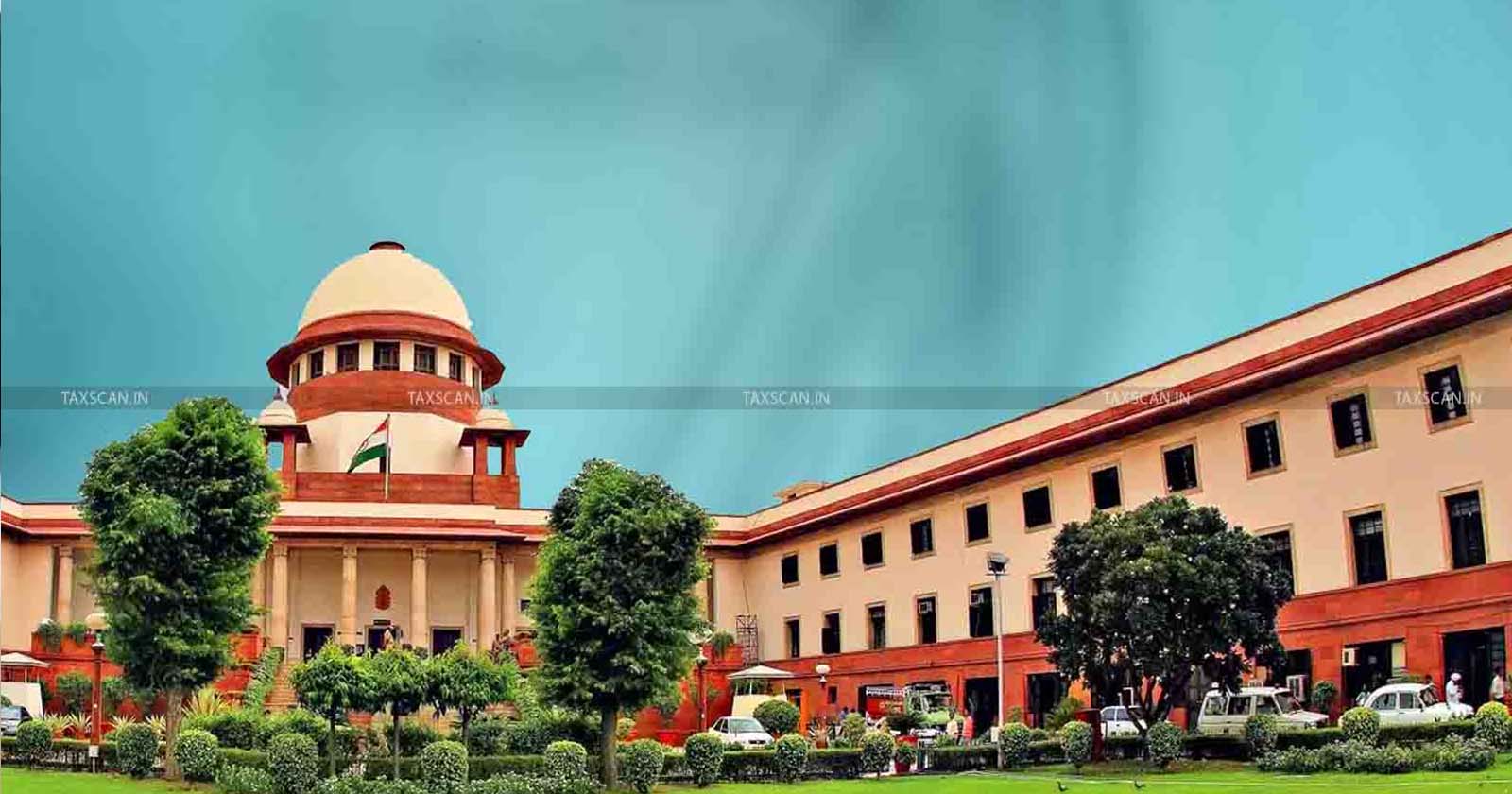Rejection of Invoice Price of Imported Goods and Enhancement of Value should be Done in Accordance with Rule 8 of Customs Valuation Rules: Supreme Court [Read Order]

Rejection – Rejection of Invoice Price – Imported Goods – Enhancement of Value – Value – Rule 8 of Customs Valuation Rules – Supreme Court – taxscan
Rejection – Rejection of Invoice Price – Imported Goods – Enhancement of Value – Value – Rule 8 of Customs Valuation Rules – Supreme Court – taxscan
In a recent case, the Supreme Court of India held that the rejection of invoice price of imported goods and enhancement of the value of the imported goods should be done under Rule 8 of Customs Valuation Rules,2007.
Ganpati Overseas, the respondent-assessee representing through its Proprietor Yashpal Sharma had imported tunes from Hong Kong and the department issued a show cause notice by demanding customs duty and alleged that the assessee wilfully misdeclared and suppressed the correct value of the imported goods with an intent to evade duties of customs.
The department appealed against the order passed by the Customs, Excise, and Service Tax Appellate Tribunal (CESTAT) for quashing the customs duty demand and penalty imposed on the assessee.
Rupesh Kumar, the counsel for the revenue contended that the price declared in the invoice was much lower than the value declared in the export declarations filed in Hong Kong, and since it did not reflect the correct transaction value, the value appearing in the import invoices did not fulfill the criteria of Section 14(1) of the Customs Act,1962 and Rule 4 of the Customs Valuation Rules as per which the transaction value of the imported goods was the price paid or payable when sold for export to India.
Also submitted that the adjudicating authority had rightly invoked Rule 8 of the Customs Valuation Rules while assessing the transaction value to determine the short levy of customs duty and for imposing penalty and the CESTAT was not at all justified in interfering with such a reasoned order of the adjudicating authority.
V. Lakshmikumaran, the counsel for the assessee contended that there was no evidence before the customs authority to prove undervaluation and the department was not justified in by-passing Rules 5, 6, and 7 of the Customs Valuation Rules while determining the transaction value and straightaway invoking Rule 8 of the Customs Valuation Rules and the Customs department had not made any effort to gather evidence to determine transaction value of identical or similar goods imported contemporaneously.
The Court observed that in the case of Rabindra Chandra Paul and South India Television (P) Ltd, the court held that transaction value can be rejected if the invoice price was not found to be correct but it was for the department to prove that the invoice price was incorrect.
Also observed that the department as well as the adjudicating authority were not justified in rejecting the import invoice price of the goods as not correct and enhancing the price by straightaway invoking Rule 8 of the Customs Valuation Rules.
The two-member bench comprising Nagarathna and Ujjal Bhuyyan upheld the CESTAT decision while dismissing the appeal filed by the department.
To Read the full text of the Order CLICK HERE
Support our journalism by subscribing to Taxscan premium. Follow us on Telegram for quick updates


